Phew. Prohibition is over and people are free to purchase recreational marijuana in Michigan. If you’re thinking about trying cannabis for the first time, or if it has been a few decades since the last time you enjoyed a sesh, we’re giving you some help in making your first purchase and then fully enjoying the experience.
Finding a shop with marijuana products to purchase is going to be your biggest challenge. At present there are just a handful of marijuana provisioning stores in Michigan that are licensed for recreational sales and most are clustered around Ann Arbor and in a few rural spots across the state.
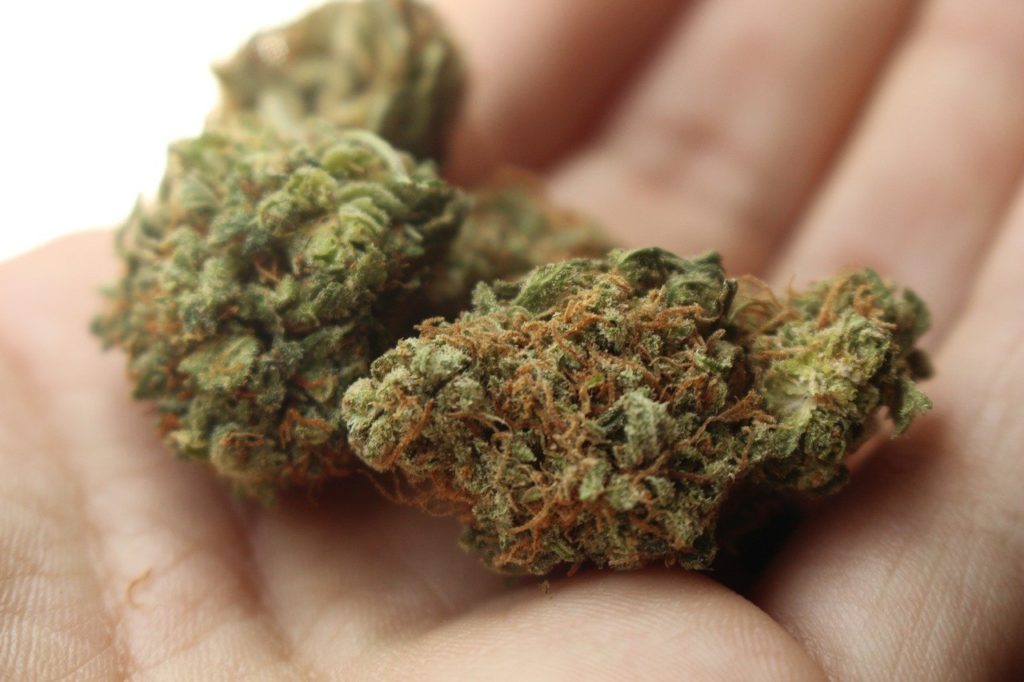
We expect that by the summer of 2020, it’ll be easier to find places to purchase marijuana in Michigan and that more communities will be opting in for recreational sales. Until then, use Leafly or Weedmaps for locating a shop near you.
You’ll need to make sure the shop is recreational before you head out because not all are and it isn’t always clear.
A few tips to make your entrance smooth.
- Bring a valid ID. You’ll need a driver’s license or state-issued ID to make a purchase of marijuana in Michigan.
- You must be 21 years of age or older to buy anything.
- Bring cash. It’s strange in these times to carry a wad of bills, but most provisionaries don’t process credit or debit cards. Most of them do have ATMs in the lobby or can tell you where the closest one is located.
- How much cash? Check out the menu before you go, that’ll give you an idea of what flower (the cannabis you smoke in a joint is called flower), edibles and vape carts will cost. On average, people spend about $100 on a visit.
- Ask questions of the budtender behind the counter in the shop. She or he should be able to answer most of your questions and will know specifics about the products. You won’t be able to see inside the packages of the wax or edibles as they’re sealed. You should be able to see and smell the cannabis flower that’s for sale. You’ll also be able to read the THC percentage of the flower—the more THC, the more potent the product and usually the price goes up, too.
- By state law, you can have up to 2.5 ounces of cannabis flower (or equivalent_ on your person and up to 10 ounces in your home. When you leave the provisioning center, the most product you can take with you is 2.5 ounces. In all likelihood, you’ll buy a gram or two of flower, which costs between $15-$20 per gram and gives you a nice amount to test out. The shop will factor in the weight (of the THC) of your concentrates or edibles, too.
- If you buy cannabis flower, you’ll need a grinder, rolling papers, cones or a pipe and a lighter. If you’ve never rolled a joint, here’s some help.
- If not sure about buying flower, grinding and rolling, just buy a pre-roll. It’s a ready-to-smoke joint. Pre-rolls run about $10-$15 depending on the THC percentage.
- If you buy a vape cart, you’ll need a battery (aka pen) to fire up the vape cart. It’s rechargeable in a USB port.
- Edible marijuana in Michigan for the recreational market are packaged in 100 mg child-proof containers and dosed in 10 mg pieces. Edibles aren’t just brownies, gummies or candy. They come in a variety of forms—tinctures, capsules or instance. If you don’t like the idea of smoking or vaping, but still want to try cannabis, edibles are a solid option.
Now, take your stash home and get ready to enjoy it. Our blog titled Cannabis Curious: Let’s Try Some Weed will give you some help with consuming.
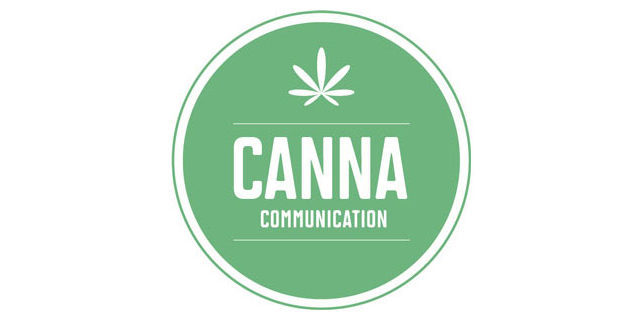

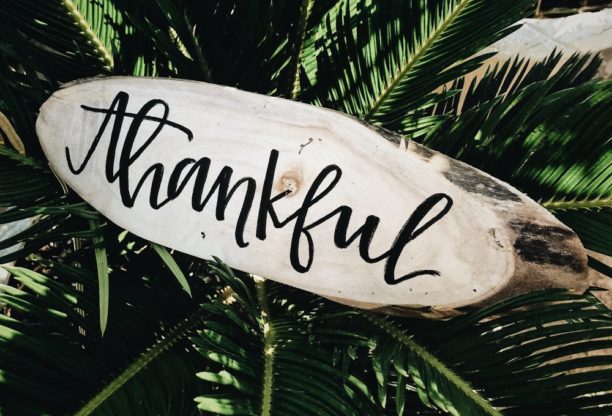
 ber where you were and what you were doing. Some memorable events are bad, like the Challenger explosion, the World Trade Center attacks, or the death of Jerry Garcia. And then there are the good, memorable events.
ber where you were and what you were doing. Some memorable events are bad, like the Challenger explosion, the World Trade Center attacks, or the death of Jerry Garcia. And then there are the good, memorable events.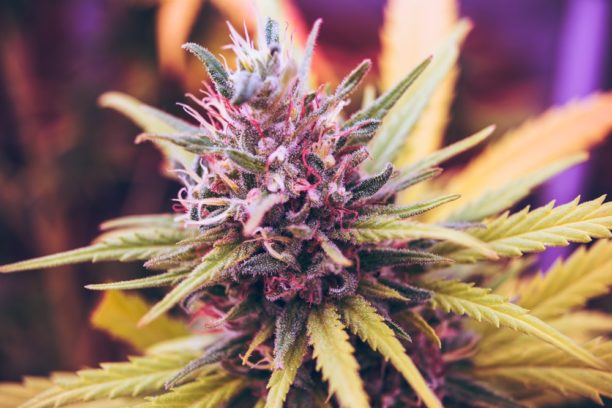
 Since communities can opt-in or out for medical marijuana, a similar policy applies to recreational marijuana legalization in Michigan. But communities will need to opt out. There won’t be provisioning centers in every community—only where zoning has been approved. We’ll probably see a bump in tourism—Michigan will be the first Midwestern state that is legal and there are lots of people who live close to Michigan. Expect that people will come for
Since communities can opt-in or out for medical marijuana, a similar policy applies to recreational marijuana legalization in Michigan. But communities will need to opt out. There won’t be provisioning centers in every community—only where zoning has been approved. We’ll probably see a bump in tourism—Michigan will be the first Midwestern state that is legal and there are lots of people who live close to Michigan. Expect that people will come for  kill you. There are no known cases of cannabis overdoses. Overusing it—usually happens when people overconsume edible cannabis. The effect of edibles is slow to be felt and people tend to take a few extra bites and then, BOOM, an uncomfortable feeling comes on. But it won’t kill you. You might think you are dying, but you won’t be.
kill you. There are no known cases of cannabis overdoses. Overusing it—usually happens when people overconsume edible cannabis. The effect of edibles is slow to be felt and people tend to take a few extra bites and then, BOOM, an uncomfortable feeling comes on. But it won’t kill you. You might think you are dying, but you won’t be.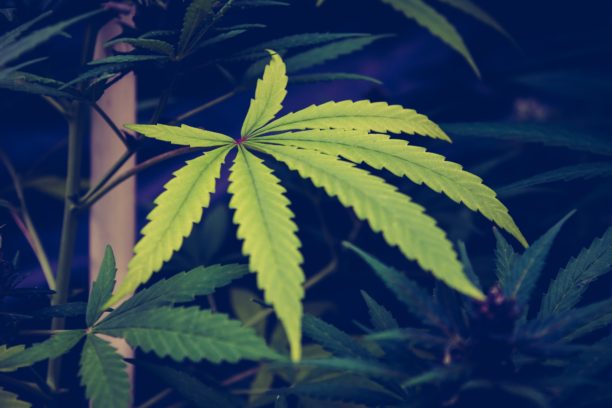
 We have public opinion on our side. From big national surveys like
We have public opinion on our side. From big national surveys like